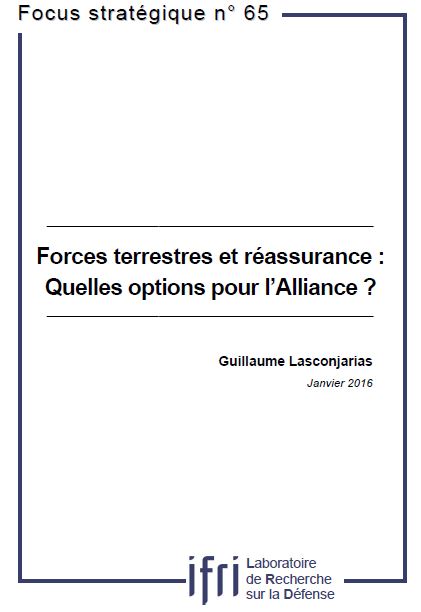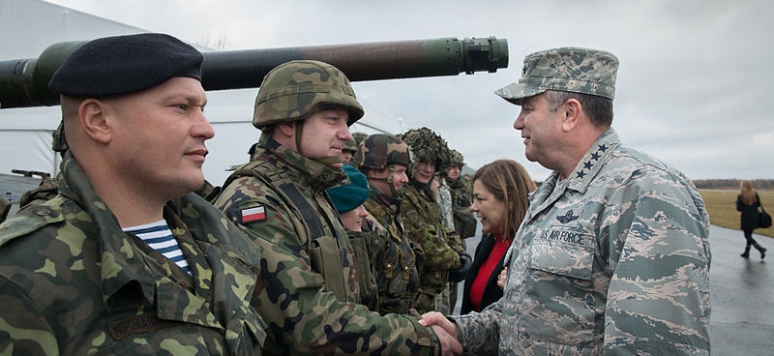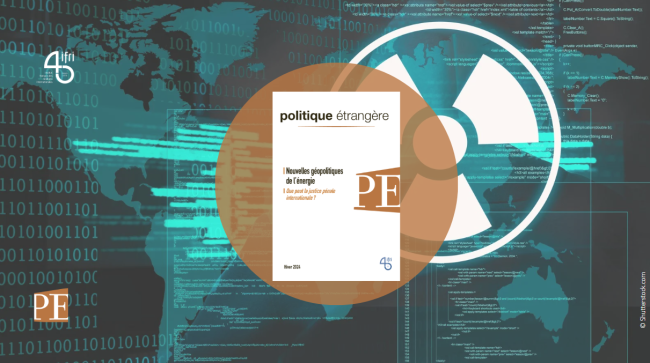Forces terrestres et réassurance : Quelles options pour l'Alliance ?

Born into the Cold War, the very notion of ‘reassurance’ was revived in the wake of the 2014 Ukraine crisis as NATO had to label the measures destined to reassert the lasting relevance of collective defense towards its member states.

This has led to an increased role for land forces, despite the serious political, economic and operational difficulties involved. NATO has striven to revitalize its concept of rapid response by means of the VJTF, however, some issues remain unsolved regarding the range of actions to be undertaken in order to uphold reassurance as a lasting principle. The main problem is related to the delicate balance to be maintained between a posture of firmness – based on rapid reaction capacities – and a risk of escalation associated with potential worsening of tensions. For land forces, this translates into a return towards the know-how and practice that two decades of expeditionary warfare have kept out of the picture.
This content is available in French : Forces terrestres et réassurance: Quelles options pour l'Alliance?
Related centers and programs
Discover our other research centers and programsFind out more
Discover all our analysesDeep Precision Strikes: A New Tool for Strategic Competition?
Reaching deep into the enemy’s system to weaken it and facilitate the achievement of operational or strategic objectives is a key goal for armed forces. What capabilities are required to conduct deep strikes in the dual context of high-intensity conflict and strengthened enemy defenses?
From Cuba to Ukraine: Strategic Signaling and Nuclear Deterrence
Strategic signaling—the range of signs and maneuvers intended, in peace time, to lend credibility to any threat to use nuclear weapons—is back.
Return to the East: the Russian Threat and the French Pivot to Europe's Eastern Flank
Russia’s full-scale invasion of Ukraine on February 24, 2022, has flung Europe’s Eastern flank into a new phase of strategic confrontation. It has had a major effect on France’s position, which was previously somewhat timid, leading it to significantly reinforce its deterrence and defense posture in support of the collective defense of Europe, in the name of strategic solidarity and the protection of its security interests.
Military Stockpiles: A Life-Insurance Policy in a High-Intensity Conflict?
The war in Ukraine is a reminder of the place of attrition from high-intensity conflict in European armies that have been cut to the bone after three decades of budget cuts. All European forces have had to reduce their stocks to the bare minimum. As a result, support to Ukraine has meant a significant drain on their operational capabilities. A significant amount of decommissioned systems were also donated, due to the lack of depth in operational fleets.













